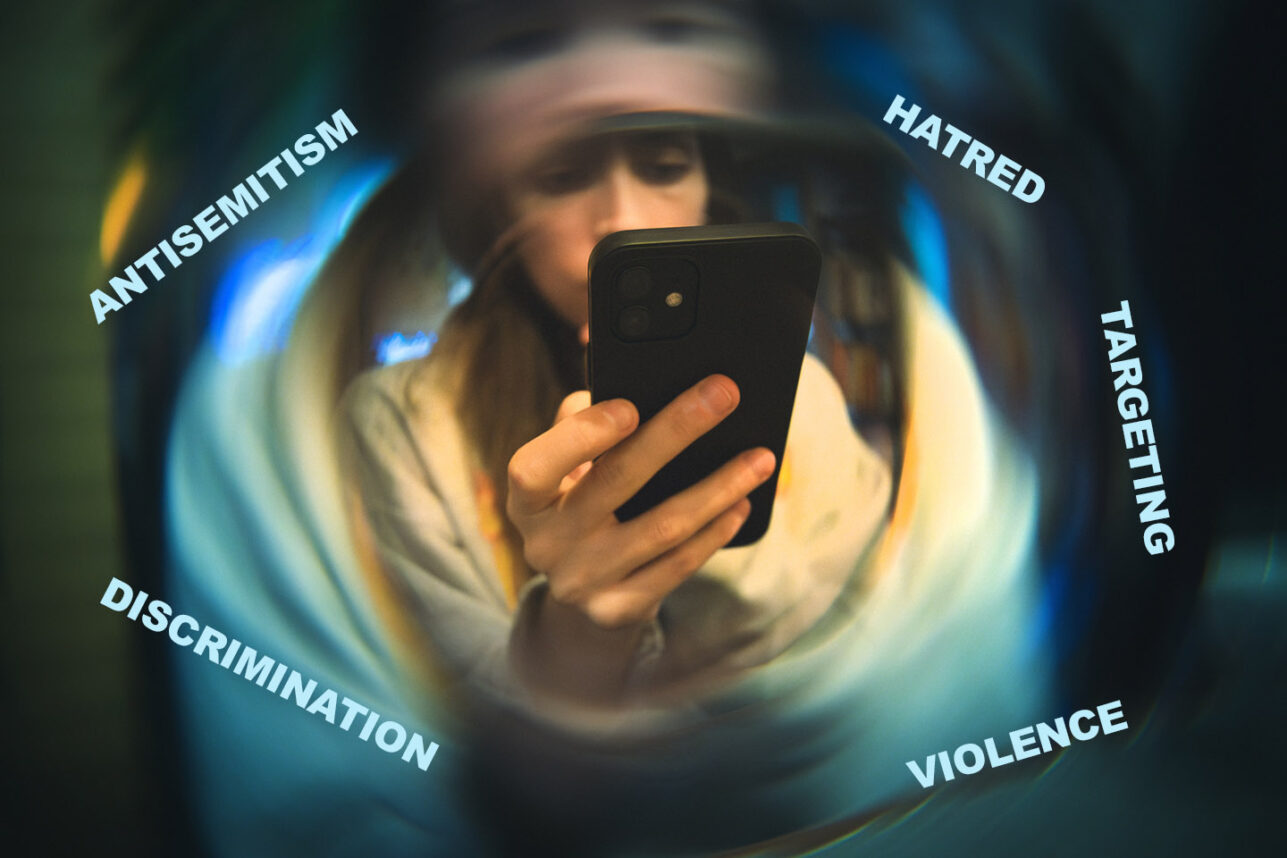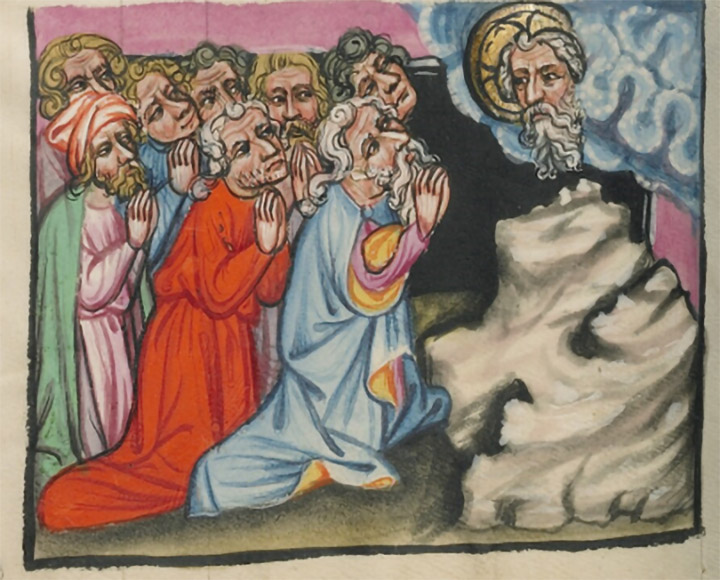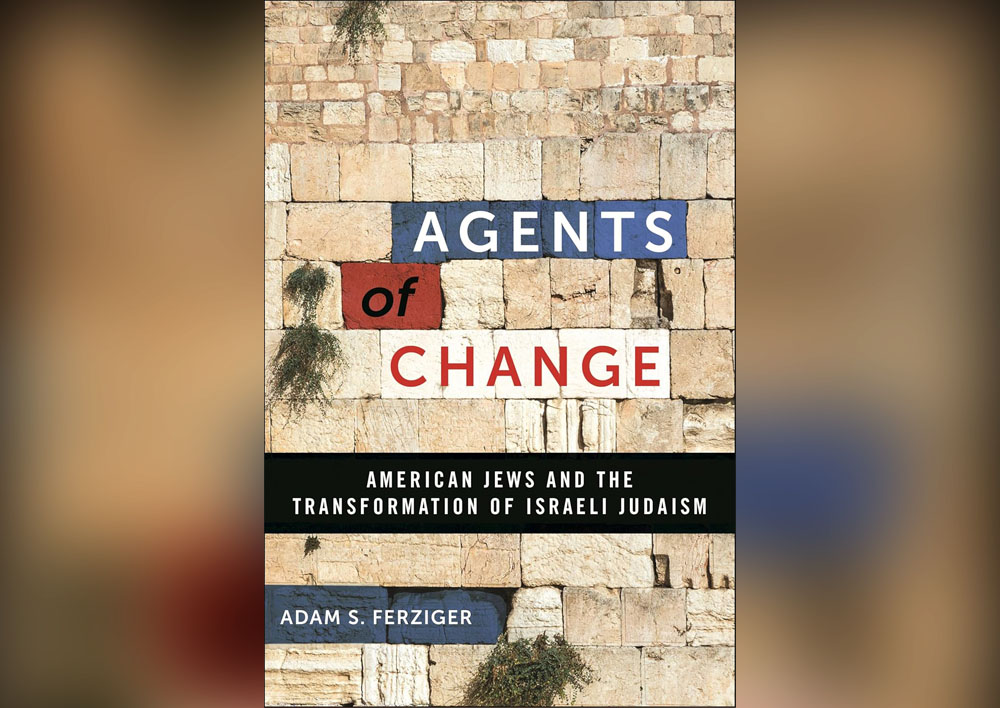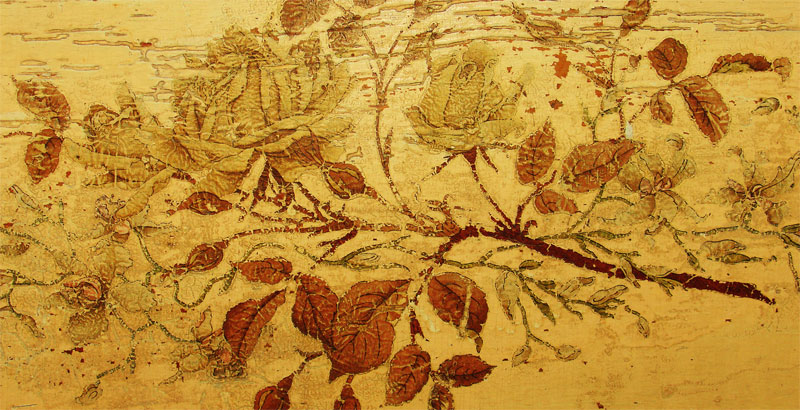
A Teacher, A Friend, A Balancing Act – Thoughts Before Rosh HaShanah
We have a simple, but wonderful tradition on the Sabbaths between Passover and the Days of Awe – the study of Pirkei Avot, “The Sayings of the Fathers,” one chapter per week. As I study Pirkei Avot at this time of the year, the Days of Awe hover in the background.
In Pirkei Avot 1:6, we find:
“Aseh l’khha rav, k’neh l’kha chaver, ve-hevei dan et kol ha-adam l’chaf z’chut. These words are difficult to translate into sensible English, but here is a rather literal attempt:
“Make for yourself a rav, create for yourself a friend, and judge each person favorably” meaning, toward the balance pan (the little cups on a balancing scale) of innocence.
What does this have to with the Days of Awe? Make for yourself a rav (a rabbi, a moral and spiritual authority) can mean turn the Days of Awe into a rabbi, a special kind of moral and spiritual authority in your life. Rosh Ha-Shana contains the theme of a moral law – always present but often ignored. Would our lapses in morality and character be less frequent if we were acutely aware of a moral law hovering over us? Perhaps, but even if not, I am reminded of a teaching I heard in my youth: Even if you transgress, at least admit it to yourself. Admit weakness, but don’t pretend that moral and spiritual laws don’t exist. Sometimes feeling the guilt of wrongdoing won’t change us right away, but even guilt is a kind of knowledge – the knowledge that the moral law exists.
“Acquiring a friend” is a very complex idea, when understood as a spiritual psychological idea. Many spiritual traditions (for example, in the poetry of Rumi) have the idea of an inner friend, a constant companion that teaches us, guides us, consoles us and functions as a touchstone for our spiritual core. Our Friend must be coaxed and evoked. More on this when I teach about Rosh Ha-Shanah.
“Judging others favorably” is a difficult practice, but sometimes life changing. Maintaining the moral high ground of resentment of having been wronged is a profound temptation. Our tradition requires us to consider at least two things. First, we might be wrong. That assumption is the basis of the procedure of holding another to account. First, get the “police report,” their side of the story before you judge. Presume innocence. Judge others favorably unless you have evidence of wrongdoing beyond any reasonable doubt. Admittedly, this practice is very difficult. Inner resistance prefers that we be judgmental over cultivating good moral judgment.
The second aspect of judging others favorably is even more difficult, perhaps only achievable if we strive for moral and spiritual excellence. Even if we were wronged, it is likely that the other person was suffering from inner life stresses that either made us their toxic object, or perhaps we were just on the stage of their life when they were in a particularly bad place. Empathetically understanding another person does not excuse them – they still need to apologize and make good – but empathetic understanding does help us profoundly in working through resentment, our own inner toxicity. Of course, we need excellent skills in dealing with others who wrong us, but these are skills that can raise the value of our character.
Let the Days of Awe be your moral authority, cultivate the inner voice that can ground you in your spiritual center, and work toward emphatic understanding of those who wrong us.
Our life story will begin to feature a moral hero.
(I will talk about these ideas at our Shabbat evening gathering).

































